Visit or Call Our Sleep Guide Texas Showrooms
Our Texas Showrooms Are Here To Help With All Your Favorite Online Brands! And We Offer Exclusive Coupons To Save More!
Learn MorePlease note, we are proudly supported by our readers. The product links are referral based and if you purchase an item we make a small commission. For more information please see our disclosure page.
Our site uses cookies to improve your experience, continuing on our site means you agree with our cookie policy Read More
I agreeHave you ever wondered if you are sleeping too more or too little? Sometimes we can get a whole bunch of sleep and wake up feeling tired. While other times, you may find yourself feeling refreshed of a rather small amount of sleep. Which is why we are going to share with you all the information so you can determine whether you should be sleeping more, or less.
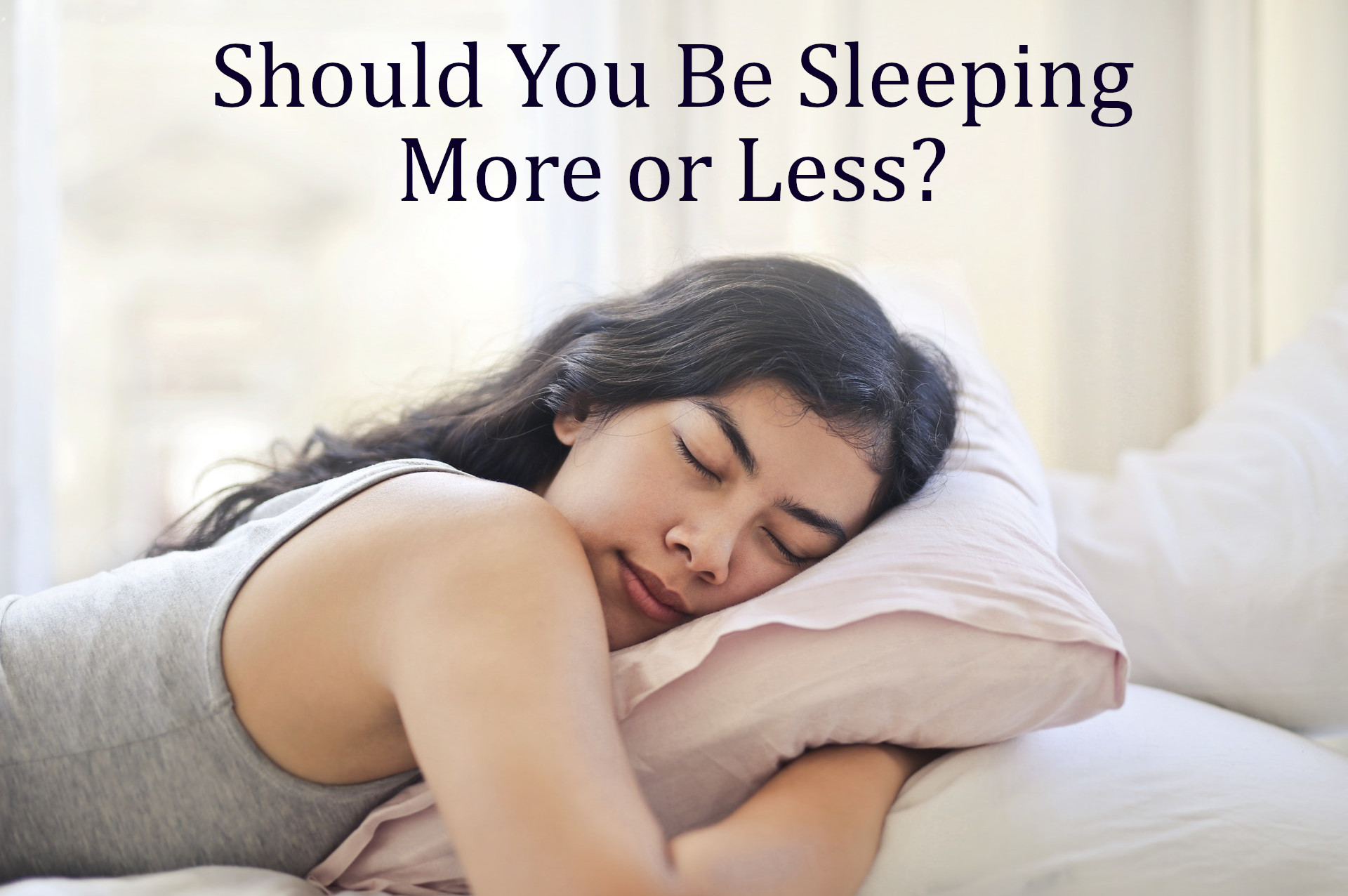
Not sure how much you are sleeping each night? Might be time to start tracking your sleeping habits in a journal. Learn more about how to do that in our post: Keeping A Sleep Journal
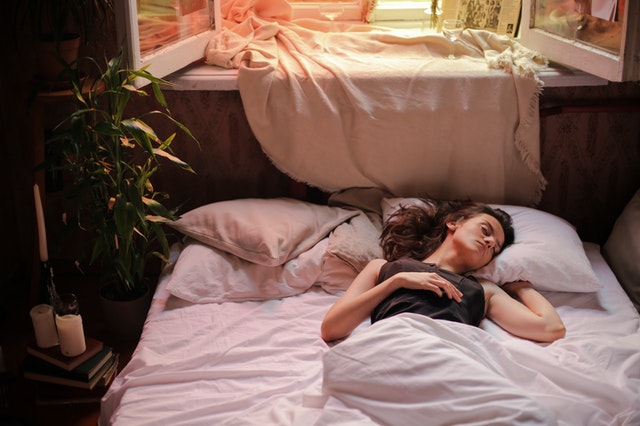
Generally it is believed that 8 or 9 hours should be the most sleep you really need throughout the night. Although, you should not be too worried about oversleeping. Unless you are exceeding this amount by many hours or if you are feeling as if you HAVE to nap throughout the day, or you are passing out throughout the day even though you have had more than enough sleep.
Learn more about why we need sleep in our post: The Importance of Sleep & Why Do We Sleep?

When you start getting only 5 hours or less sleep at night or during a 24 hour period, you are not going through enough sleep cycles for your body to do all it needs to do when sleeping. There are different phases of sleep where your brain and body are working hard to repair and prepare for the next day. Without that sleep, your health and wellbeing can suffer.
Click the link to learn more about insomnia and how to get to sleep: Guide To Insomnia

If you are experiencing this kind of sleeping habits, our if you finding yourself sleeping for 15+ hours on the weekends to make up for the sleep lost during the week, it could be possible that you are in fact, sleeping too much and need to sleep less.
However, you should talk to a doctor in order to determine what is causing your hypersomnia. The following are just a few potential causes of hypersomnia.
Click the link to learn more about how to get great sleep when depressed: How to Sleep Better with Depression
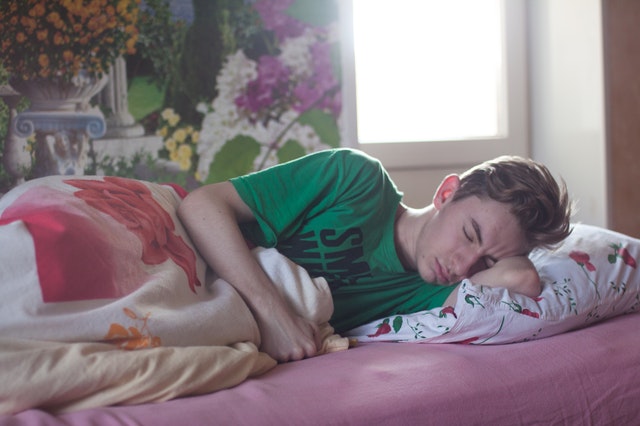
Encourage your teen to get to sleep and a reasonable hour and try not to be too annoyed in the morning when they are exhausted and refusing to wake up on time. Instead attempt to create a reasonable bedtime that will help your teen get to sleep on time.
Learn more about how to get the right amount of sleep as a teenager in our post: Teenager’s Guide To Sleep
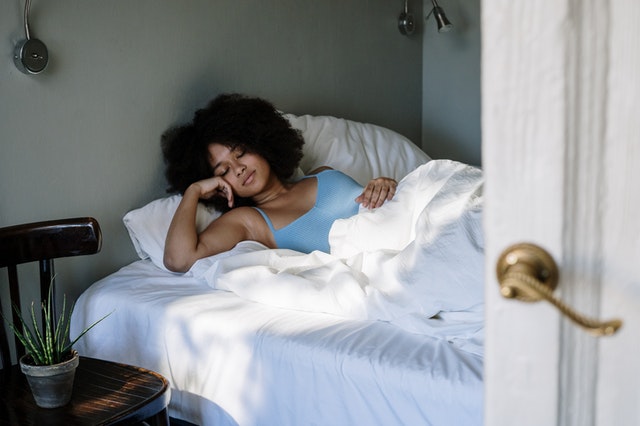
Some people feel groggy if they get more than 7 hours of sleep. While if they were to wake up after only 6 hours of sleep, they would feel well rested. While others absolutely need as much as 9 hours of sleep each night or else they simply feel tired. Again, different people have different needs. This can also change depending on your current health. If you are going through a particularly physically or mentally demanding time, then your body may need more rest than usual.
Learn more about snoring and how it disrupts your sleep in our post: Snoring Causes & Cures

Instead of judging your rest as soon as you begin to wake up. Take 15 – 20 minutes after you get out of bed and then check in with yourself and see how you feel. If you have had some water, took a shower, brushed your teeth etc. and you still feel exhausted. Then it is likely that your sleep quality or quantity was not up to snuff.
If you wake up initially feeling groggy and tired, meanwhile 15 minutes later you are feeling well rested and ready to take on your day. Then you have probably gotten a good amount of quality sleep. Take note on whether or not you have a midday slump. While this can be caused by many different factors, a lack of sleep the night before can be one of them.
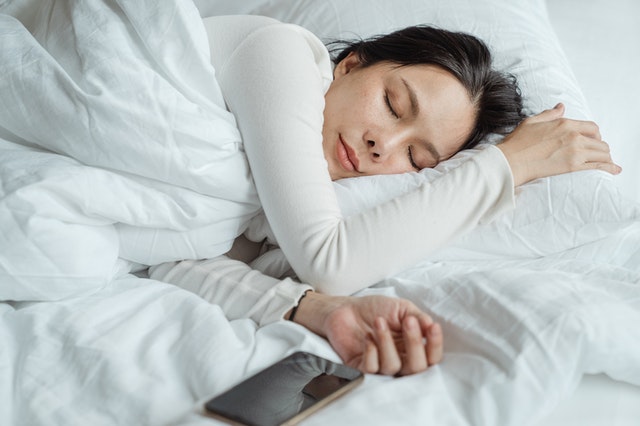
Your immune system works extra hard during REM sleep. If you are not getting enough sleep each night you could not only have a harder time fighting off illness. It has even been theorized that a severe lack of sleep can trigger cancer growth.
Other important functions like your ability to focus, learn, and your memory can be affected by a lack of sleep. Most people who are sleep deprived have impaired cognitive functions. However, they will often be unaware of these changes. Which often leads to those who insist waking up at 4 am each morning makes them a winner, when in fact it is keeping them from performing at their peak potential.
Learn more about how sleep can help defend your body from cancer in our post: Cancer & Sleep

However, you many want to consider getting a few hours less sleep if you are able to do so and wake up feeling well rested. Especially because oversleeping can lead to you feeling more drowsy and can even cause memory fog. Which means you could actually be feeling drowsy and disoriented because you are getting more sleep than you need at night.
Even life events can cause big changes in how you sleep. While having a baby often leads to a lack of sleep. Grieving the loss of a loved one often leads to oversleeping.
Struggling to sleep after the loss of a loved one? Then you may enjoy reading our post: Sleep and Grief: Learning To Sleep Alone
Overall the biggest concern when it comes to oversleeping is that it could be a sign that there is something else going wrong with your health and wellbeing that is causing you to oversleep. For the most part, getting more sleep is not a bad thing for your health and wellbeing. Other than potentially your social life or being responsibly on time to work and so on. However, it it more the potential causes that you may want to look into.
Meanwhile being sleep deprived can cause many health issues all on it’s own. Which means even if you feel fine and not all that tired, your mind and body could be suffering without getting the sleep you really need. We hope all of this information is good to have and helps you to determine whether or not you need more sleep or less.

If you have any questions for us or need some help, feel free to send us a message. We would love to hear from you.
Our Texas Showrooms Are Here To Help With All Your Favorite Online Brands! And We Offer Exclusive Coupons To Save More!
Learn More
